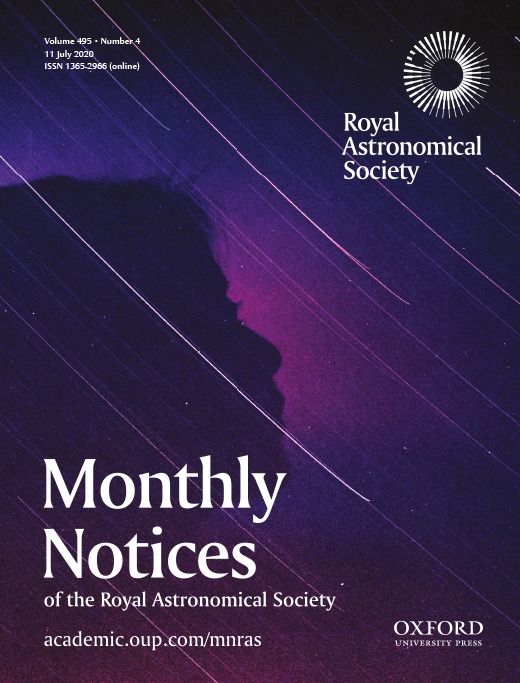The discovery that at least some Fast Radio Bursts (FRBs) repeat has ruled out cataclysmic events as the progenitors of these particular bursts. FRB 121102 is the most well-studied repeating FRB but despite extensive monitoring of the source, no underlying pattern in the repetition has previously been identified. Here, we present the results from a radio monitoring campaign of FRB 121102 using the 76 m Lovell telescope. Using the pulses detected in the Lovell data along with pulses from the literature, we report a detection of periodic behaviour of the source over the span of 5 yr of data. We predict that the source is currently ‘off’ and that it should turn ‘on’ for the approximate MJD range 59002–59089 (2020 June 2 to 2020 August 28). This result, along with the recent detection of periodicity from another repeating FRB, highlights the need for long-term monitoring of repeating FRBs at a high cadence. Using simulations, we show that one needs at least 100 h of telescope time to follow-up repeating FRBs at a cadence of 0.5–3 d to detect periodicities in the range of 10–150 d. If the period is real, it shows that repeating FRBs can have a large range in their activity periods that might be difficult to reconcile with neutron star precession models.
